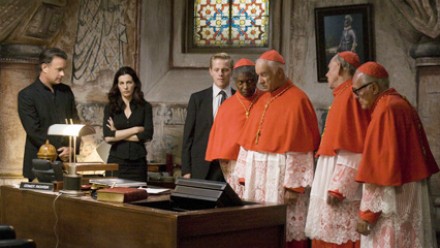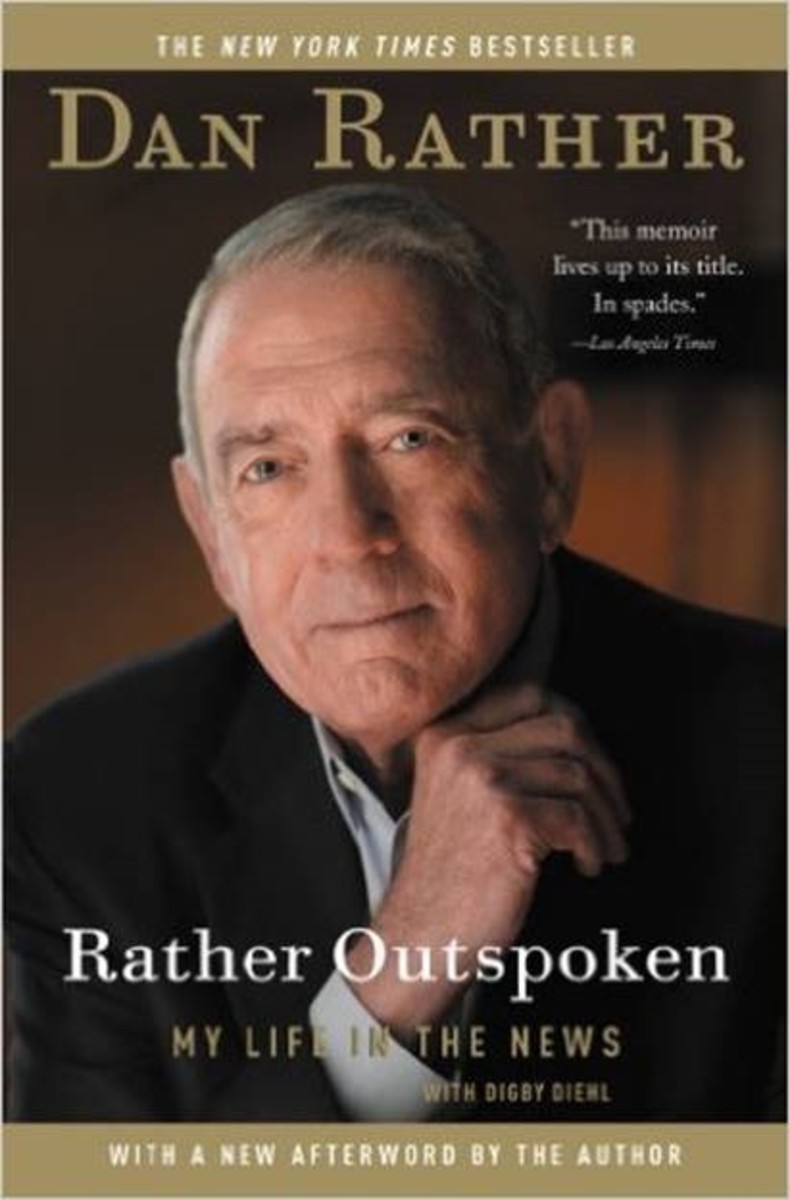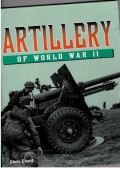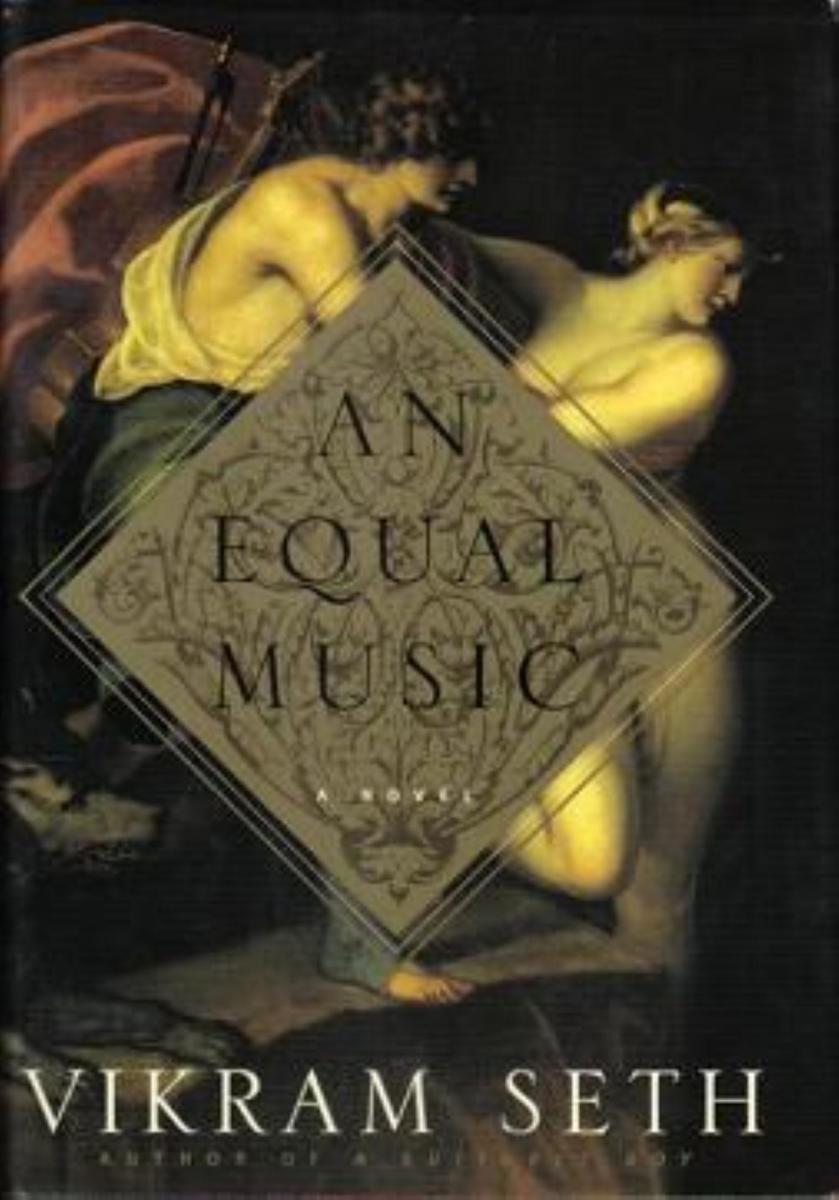The Gospel--Er, Inferno--According to Dan Brown

Talk about abandoning hope
So there’s this guy called Dan Brown. Even if you have never flipped through his work, I’m sure that you’ve at least heard of his Da Vinci Code, a novel that sparked more than its fair share of controversy when it hit the big screen.
Well, guess what? It seems that composing fictional histories about one of the most controversial figures in the world (guy called Jesus; you may have heard of him) and weaving a doomsday tale about a demonic Armageddon (if you can watch the overkill and cheese-laden trailer for Angels and Demons below with a straight face, I’ll give you a million dollars) just couldn’t satisfy Brown’s lustful literary muse. He has now decided to tackle Dante.

Crash and Burn
This latest novel is subtly titled Inferno (either a tasteful nod to a poetic genius or just rip-off plagiarism). Being morbidly obsessed with hell (who isn’t?) and interested in reading something from a popular modern author, I decided to give his latest thriller a go.
And I discovered that Dan Brown is kind of overrated.
Now, I don’t mean to imply that this book reaches the staggering heights of suck that other modern novels seem to achieve (Fifty Shades of Shit, anyone?). In fact, the book has a great set-up. Robert Langdon wakes up in a hospital with a gun wound to the head and no recollection of how he got it. An assassin then breaks into the hospital, guns down doctors, and Langdon escapes on a motorcycle with a sexy blonde nurse Sienna. He is then sucked into a quest for a madman’s disease while being hunted by multiple governments with big guns and sinister agendas. Sign me up, you’re thinking.
But here’s the problem. All of this action is told not through Robert’s viewpoint, but from the viewpoint of every single character who’s ever given a word of dialogue. This does not create good characters; it kills them.



Down With Democracy
In their book “How Not To Write A Novel,’’ Mittelmark and Newman mention “the democracy,” a writing technique that can throttle in-depth characterization with tragic rapidity. This is when so many characters give their point of view that readers ultimately fail to emotionally identify with any of them (p. 162-4).
This is where Dan’s writing suffers. It doesn’t matter how many times he tells me about the tragedy of bald Sienna or the misunderstood genius of the villain. Because I never get to spend much time with either one of them (I’m too busy reading about the extremely interesting thoughts of a security guard on night shift), they become about as engrossing as oatmeal. They are exceeded in blandness only by the lead man himself, whose chief character trait seems to be a fondness for fancy jackets.
Overall, one tends to expect a bit more depth and style from a bestselling author. Inferno has a good plot and is an engaging read for Dante fans, but don’t expect Shakespeare. In fact, you probably shouldn't expect anything less than Blue's Clues on steroids.








